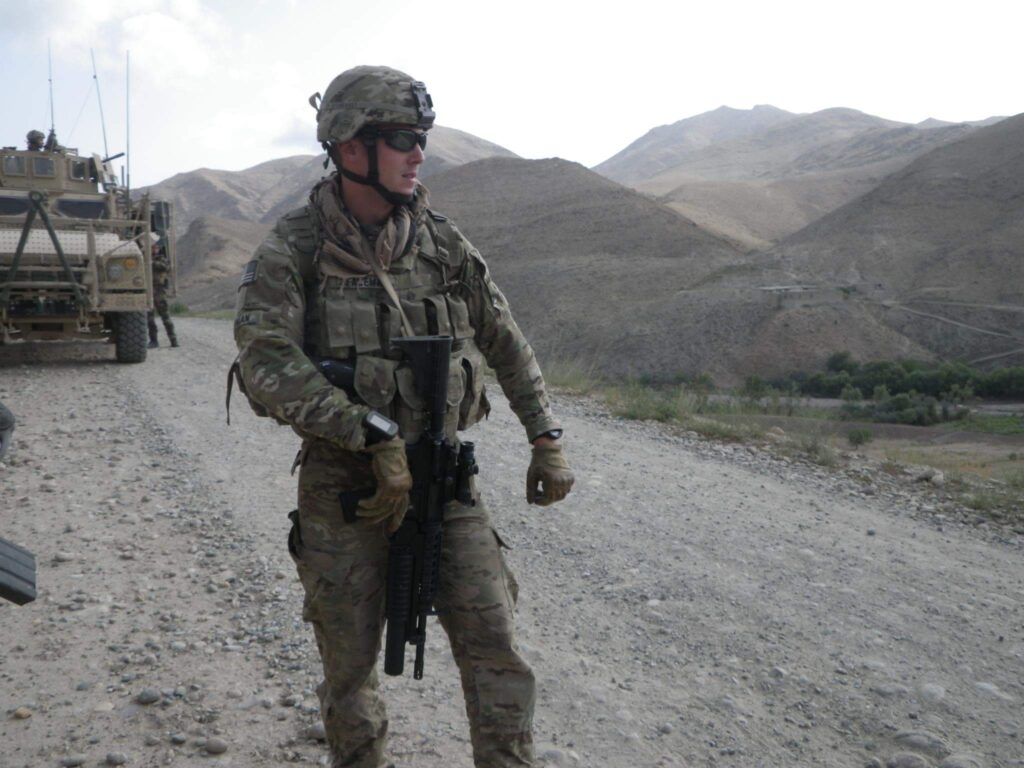
The veteran population of Rhode Island is just over 70,000, a sizeable community for a state with just over 1 million residents. But according to the Housing Assistance Council, approximately 13,000 of those veterans live in what the council describes as, “homes with one or more major problems of quality, crowding or cost.” And that is not the only problem with veteran residences. Thirty-one percent of the state’s veterans pay over market value for their housing, and of the total number of veteran homeowners, a mere 5.4% of them are beneficiaries of a VA loan. Groups such as Organization Standdown and the Office of Veterans Service provide admirable support, but they cannot do it all alone, particularly with specialist matters such as housing.
Warwick resident and Purple Heart recipient James Duffer is a veteran of the recent Iraq and Afghanistan conflicts. As the managing partner at RISE Real Estate Consultants, Duffer has dedicated part of the business to helping his fellow veterans find housing and, in the process, ease them through the experience of becoming reintegrated into life outside the military.
“Surprisingly, low numbers of veterans know these loans exist,” explains Duffer. “The military does not outline such opportunities – their job is the mission, and veteran concerns fall to the Department of Veteran Affairs. But at that point, communication and understanding has already broken down and many service members are discharged without really understanding what benefits and programs they are able to access.”
Duffer and RISE are not only focused on getting veterans into houses they can call home, but also to provide understanding behind VA loans. “We want to educate the veteran population, so they know that they do not have to put large amounts of money into a down payment, or feel they won’t even qualify for or be able to begin the process.
“Being a veteran, having gone through many of the same experiences as these people, and also having utilized a VA loan myself, I want the veteran community to know I understand where they are coming from and that we have their backs.”
Kyle Graves, like Duffer, is another combat veteran from the recent conflicts in the Middle East. On returning home, Graves did not understand the details behind a VA loan, and so felt that homeownership was beyond him.
“Many veterans don’t get educated about programs and support back home,” explains Graves, who, with Duffer’s help, now owns a colonial in Cranston. “I came back not believing I would ever be eligible for a mortgage. My wife and I had just had a baby, and I was worried it was a dream that might not have come true.”
Service people are discharged, which is an uncomfortable analogy when you consider it a term also used for a spent bullet. This sense of passing responsibility on the behalf of the military toward its veteran population is not down to malice – as Duffer points out, the job of the military is to execute missions. But that does not mean that Rhode Island’s veterans should come home unversed in programs that will help them to reestablish non-military life. Support is needed, and it is through the actions of community leaders such as Duffer, that real change will be seen.